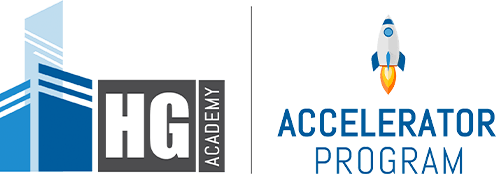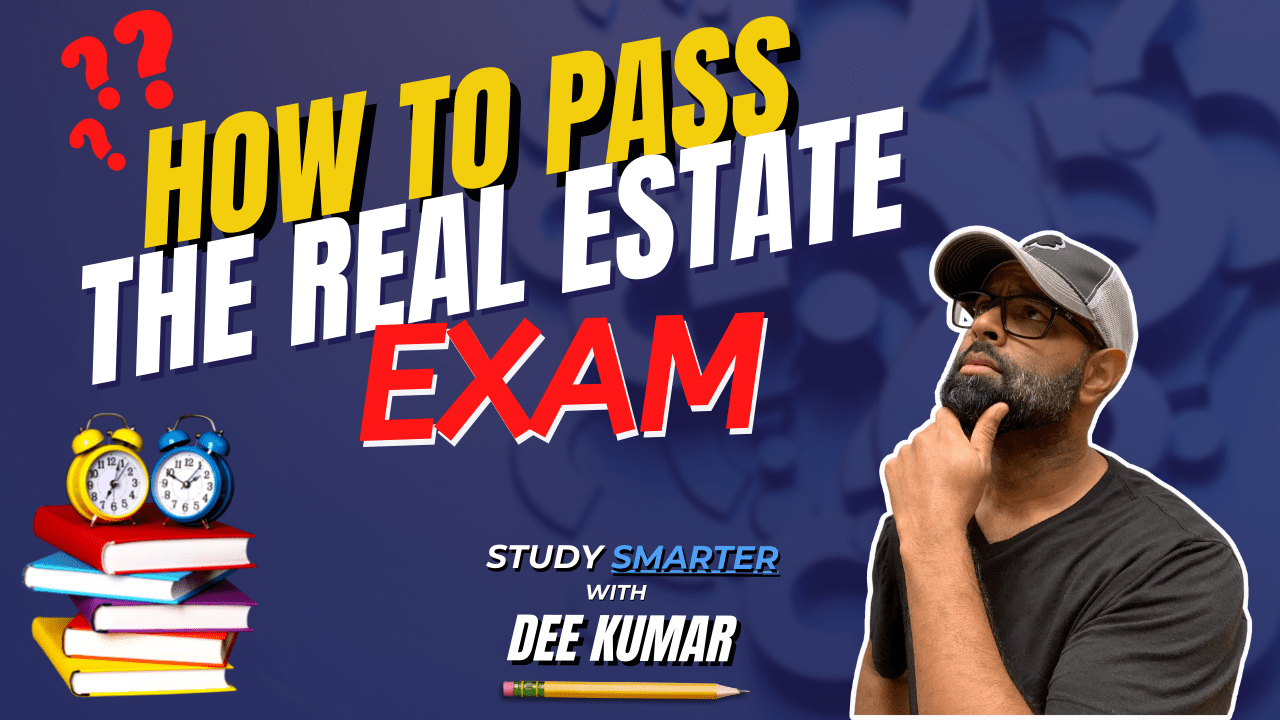Are you preparing for the real estate exam but don’t know where to start? Do you need some study tips to help you create an effective real estate exam study plan?
You may feel that there is simply too much information to remember, and you are starting to feel overwhelmed- but there is good news! By knowing how to study for your real estate exam and what to study, you can come up with a strategy that will not only help you pass the test but also minimize your stress level while you prepare.
Check out the article below to learn what to do to properly draft a study plan and ace your real estate licensing exam!
Know Your Learning Style
Many students rely on written notes when doing their real estate exam study planning. But remember that it may not be the best technique for everyone. You may have a different learning style, so know what works for you.
For instance, do you prefer to see images, drawings, and other visual aids to understand real estate concepts? If so, you may be a visual learner. Try writing out the key concepts and explain in your notes how they’re related to each other using charts. You may also want to make your own flash cards – sometimes putting pen to paper and seeing a term or definition in a simple format can help visual learners process and retain the information.
If you’re an auditory learner, you download recorded lectures or record your own notes and vocabulary terms to listen to, then play them back during your study sessions so you can recall the information when needed. Using mnemonic devices, like rhymes and acronyms, is effective as well if you’re an auditory learner who learns through hearing.
Know What to Study
Trying to memorize every piece of information is not only a poor use of your time but it is also unrealistic and will most likely result in you burning out and feeling discouraged. Fortunately, if you have already taken your pre-licensing class or are currently enrolled you already have access to valuable resources that essentially tell you exactly what to study!
The major real estate testing service providers in the US including Pearson Vue and PSI provide exam content outlines for the real estate exam. These outlines not only list the topics that are covered on the exam but also give a breakdown of how the questions are distributed across these topics to give you an idea of how many questions from each category you can expect to see on your real estate test. This means you can focus more of your efforts on reviewing some of the bigger-ticket content while knowing you can spend just enough time to get a cursory overview on some of the topics that only have a handful of questions.
Similarly, most real estate textbooks (including eBooks) have key point reviews at the beginning or end of each chapter as well as a glossary at the end of the book. For a jumping off point when studying, you can cross-reference the exam outlines with the key point reviews and vocabulary found right in your real estate book. For the larger subjects, you’ll probably want to go back through the chapter and take more detailed notes. Consider the Cornell Method for notetaking which has been shown to improve comprehension and retention.
Take Practice Exams
Reading notes and listening to lectures is a great way to learn the material, but you can’t gauge your test-readiness until you start to test your knowledge. Taking a real estate practice exam is a great way to measure if you are retaining your knowledge and if you can actively recall the pertinent information when needed.
Make notes as you progress through the practice exam and then go back to the questions that slowed you down or you answered incorrectly. You may find it helpful to re-write the question and correct answer, and then make your own brief explanation of why that answer was correct. Then, re-take the practice exam again and see how you’ve improved.
The Day of the Real Estate Exam
These day-of test taking tips can apply to ANY exam, not just taking the real estate licensing test.
Skip Questions You Don’t Know and Go Back to Them Later
It is important to focus on the questions but try not to get overwhelmed by them. Many testing providers let you “mark” a question that you may not know the answer to so that you can go back to it later in the exam. This is valuable because it not only saves time, but it can help to keep your stress level down if you aren’t forced to dwell on a difficult question for an extended period. Move on and re-visit it later; you may even find clues throughout the exam that can help shed some light on some of the more challenging questions that you came across.
Read the Answers First
Another exam-taking tip is to try reading the answers first. By doing this, you will have an idea of what information to look for in the question. Remember, test writers will sometimes add superfluous information in a question to try and throw you off but if you have already zeroed in on the potential answers, it can help to look past any unnecessary material in the question. Focusing more on the given answers is also a great way to tackle questions that cover real estate calculations. If you struggle with the math portion of the content, work backwards by plugging each answer into a variation of the formula that you feel more comfortable with. Going one answer at a time should eventually bring you back to the value given in the question, meaning you have found the correct answer.
Eliminate the Wrong Answers
If all else fails and you are still struggling to answer a specific question, try the age-old solution of process of elimination. Are there any answers that you KNOW are wrong? Cross it out. Next, look for some clues such as the use of words like “always”, “never”, “must” and “all”. The use of these words may take an otherwise true statement and make it false because it omits any flexibility in the scenario. A correct answer is more likely to include less definitive words such as “usually”, “generally”, “probably”, “mostly”, etc. For every wrong answer that you can eliminate, your chance of guessing the correct answer from the remaining options goes up substantially.
Do Your Best
This may be a hard concept for some of us but try not to be too hard on yourself. The majority of students who fail the real estate exam on the first try often tell us that it was not that they didn’t know the material but that they felt overwhelmed when testing day approached and couldn’t perform to the best of their ability.
Walk yourself through the process leading up to the day of the exam so that you can mentally prepare for what to expect. Picture your day leading up to the exam, the commute, arriving at the test center, checking in with the proctor, sitting down for the exam, and knowing when to skip a question that you can return to later before you waste too much time on it.
If you don’t pass on your first attempt, try not to get discouraged. At the very least, consider it to be a learning experience: you now have firsthand knowledge of the exam process and you’ve also seen for yourself how the test questions are written. Most testing service providers will also give you a printout of how many questions from each category you missed so you can easily see your strengths and weaknesses. Use this knowledge to make any necessary adjustments to your study plan and book your next attempt as soon as possible.
Conclusion
Don’t forget that the real estate licensing exam is simply a means to an end. By staying focused on your end goal of becoming a real estate agent or broker, you will stay motivated and be able to see this process through.
You’ve got this – Good luck on the exam!





